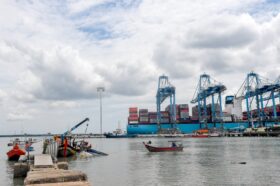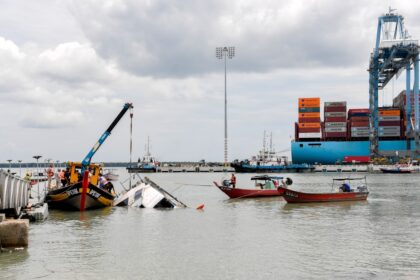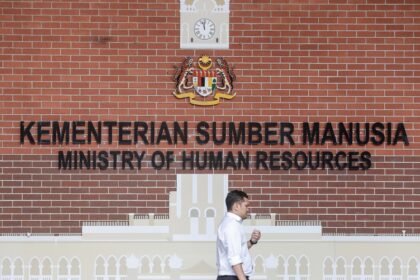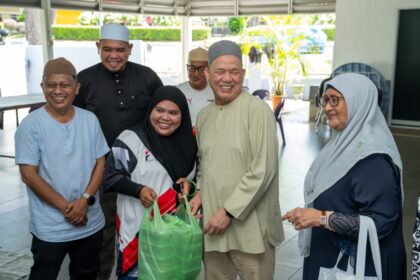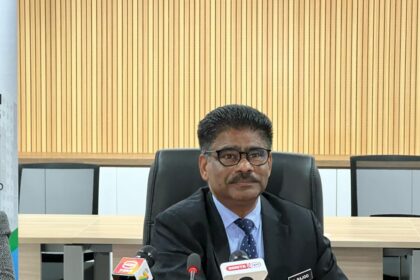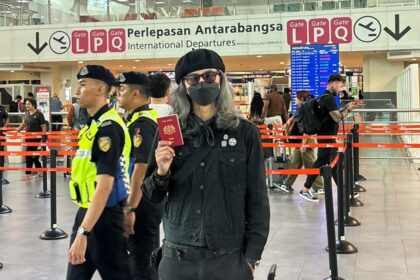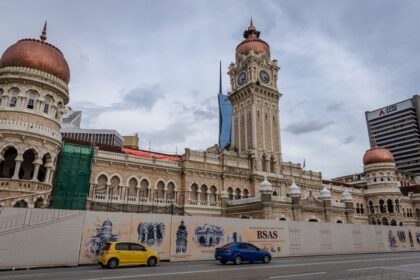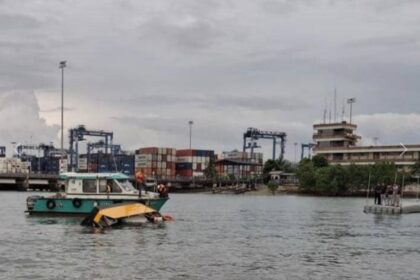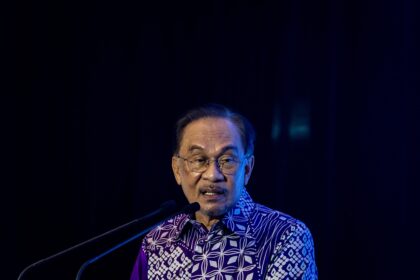KUALA LUMPUR, May 25 — Top trade officials from member states of the Association of South-east Asian Nations (Asean) today agreed that the bloc must “break away from business as usual”, as growing Western protectionist policies threaten to upend growth in the region.
The declaration came after economic leaders from the 10-member bloc met this morning to discuss the Trump administration’s so-called reciprocal tariffs on imports, among others, ahead of the main summit tomorrow.
Minister of Investment, Trade and Industry Datuk Seri Tengku Zafrul Abdul Aziz told a press conference after concluding the Asean Economic Community Council that the group felt it has to be “agile” and “bolder” amid a volatile global climate.
“At the meeting this morning, the AECC deliberated on several pressing issues, including the rising geopolitical tension and the impact of US tariff measures on the Asean trading and investment landscape,” the senator said.
“The AECC council collectively acknowledged that Asean would need to break away from the business-as-usual approach. We need to be bolder and more agile with more forward-looking strategies in order to advance and safeguard Asean’s socio-economic interests.”
Several member states were among the hardest hit by President Donald Trump’s “Liberation Day” levies on imports announced in April, including Vietnam — one of the region’s fastest growing nations — which was slapped with 46 per cent tariffs.
Malaysia, the current Asean chair, was hit with over 20 per cent import duties, but managed to stall implementation after Washington agreed to bilateral negotiations.
Putrajaya, after expressing its willingness for some concessions, said its ultimate goal from the talks would be “zero tariffs”.
Trump announced a 90-day pause on the tariffs, a move analysts said was prompted by mass panic selling of US treasuries.
Despite Trump’s aggressive trade policy, Asean members said they prefer negotiations over retaliation.
Zafrul said at this morning’s AECC meeting that Asean’s dovish stance has helped avert escalation and set the foundation for engagement with other major economies.
Asked if it would be strategically stronger for Asean to negotiate with Washington as a bloc instead, the Miti minister said members would support each other’s bilateral talks.
“Each member is a sovereign nation and of course we support each other and for Asean to continue their bilateral negotiations. What I said earlier was that we all agreed on Asean neutrality, centrality and continued our support for multilateralism,” he said.
Source:  Asean must break away from ‘business as usual’ amid Trump tariffs, says economic council
Asean must break away from ‘business as usual’ amid Trump tariffs, says economic council
















